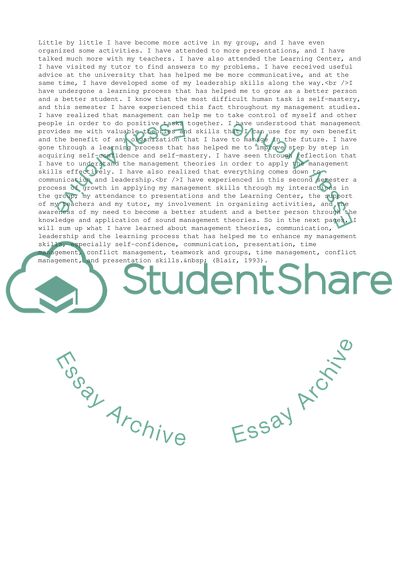Cite this document
(Reflection on Management Theories, and Learning Process Essay, n.d.)
Reflection on Management Theories, and Learning Process Essay. https://studentshare.org/management/1714003-reflictive-paper
Reflection on Management Theories, and Learning Process Essay. https://studentshare.org/management/1714003-reflictive-paper
(Reflection on Management Theories, and Learning Process Essay)
Reflection on Management Theories, and Learning Process Essay. https://studentshare.org/management/1714003-reflictive-paper.
Reflection on Management Theories, and Learning Process Essay. https://studentshare.org/management/1714003-reflictive-paper.
“Reflection on Management Theories, and Learning Process Essay”. https://studentshare.org/management/1714003-reflictive-paper.


